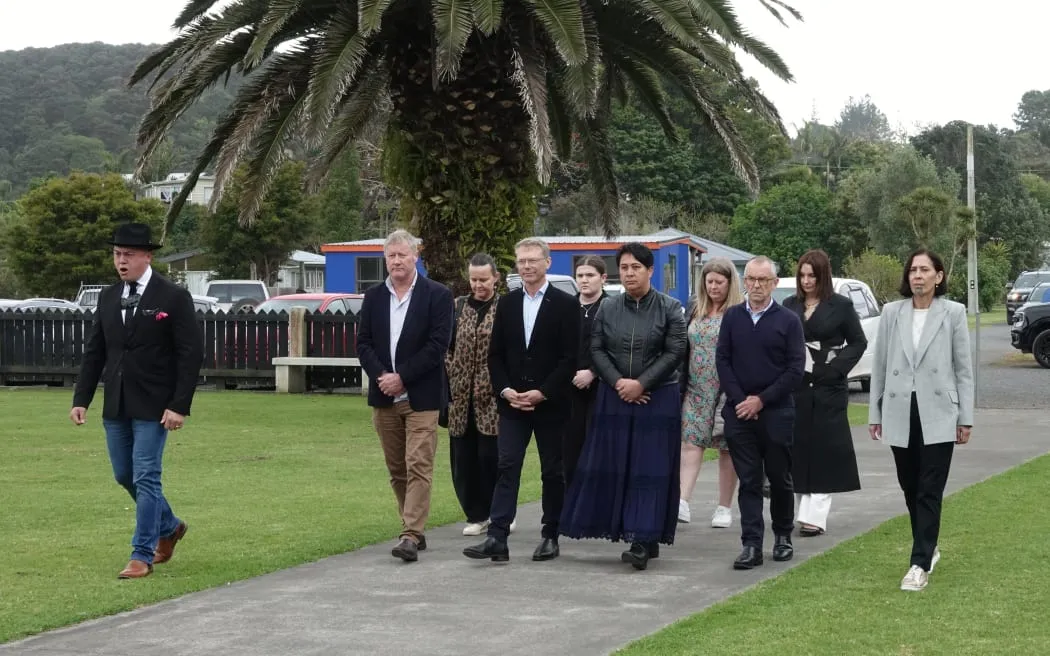Māori Treaty Settlement Update: Progress Made, Challenges Remain
The Māori select committee has been given an update on the status of a potential treaty settlement for Ngāpuhi, providing insights into the progress made and the challenges that still need to be addressed.
Background and Context
In 2009, the National government accepted the Tuhoronuku mandate, initiated by then-rūnanga leader Sonny Tau. However, this mandate was rejected by hāpu, highlighting the complexities of treaty negotiations. Since then, three groups have formally undertaken mandate work: Ngāti Hine, Whangaroa, and a grouping in the Bay of Islands – Te Whakaitanga.
Progress Made
Regional director Fern Hyett from Te Arawhiti, the Office for Māori Crown Relations, provided an update on the status of a potential treaty settlement for Ngāpuhi. According to Hyett, up until 2019, the Crown continued to recognize the Tuhoronuku mandate, which was rejected by hāpu.
Hyett stated that recently, three groups have formally undertaken mandate work, with progress made in achieving a mandate. However, she emphasized that Te Arawhiti would not be forcing anyone to the negotiation table, citing the need for “larger groupings” of hāpu to form and achieve a mandate, as preferred by Minister Tama Potaka.
Challenges and Reconciliation
The Crown’s recognition of hāpu sovereignty was a topic of discussion during the committee meeting. Labour’s Peeni Henare asked how the Crown would reconcile seeking a mandate with groups who had not ceded sovereignty. Hyett responded that discussions on this matter should take place at the negotiation table.
Steve Abel from the Green Party also raised concerns about reconciling challenges of Te Tiriti breaches if the Crown is not in its maturity as a Crown, able to acknowledge that Māori never ceded sovereignty. Hyett reiterated that these conversations should occur during formal negotiations.
Cost and Timeframe
The cost of the work undertaken to achieve a mandate for Ngāpuhi, including Tuhoronuku, is estimated at around $12 million. While there is no specific timeframe provided for achieving a settlement, Hyett emphasized that relationships evolve and change over time, which can impact the process.
Conclusion
In conclusion, while progress has been made in achieving a mandate for Ngāpuhi, challenges remain. The Crown’s recognition of hāpu sovereignty and the need for meaningful reconciliation are ongoing concerns. As the negotiation table comes into play, it is crucial that groups engage in discussions that address these complexities and work towards a settlement that reflects the unique dynamics of Ngāpuhi.
Sign up for Ngā Pitopito Kōrero, a daily newsletter curated by our editors and delivered straight to your inbox every weekday.

0 Comments